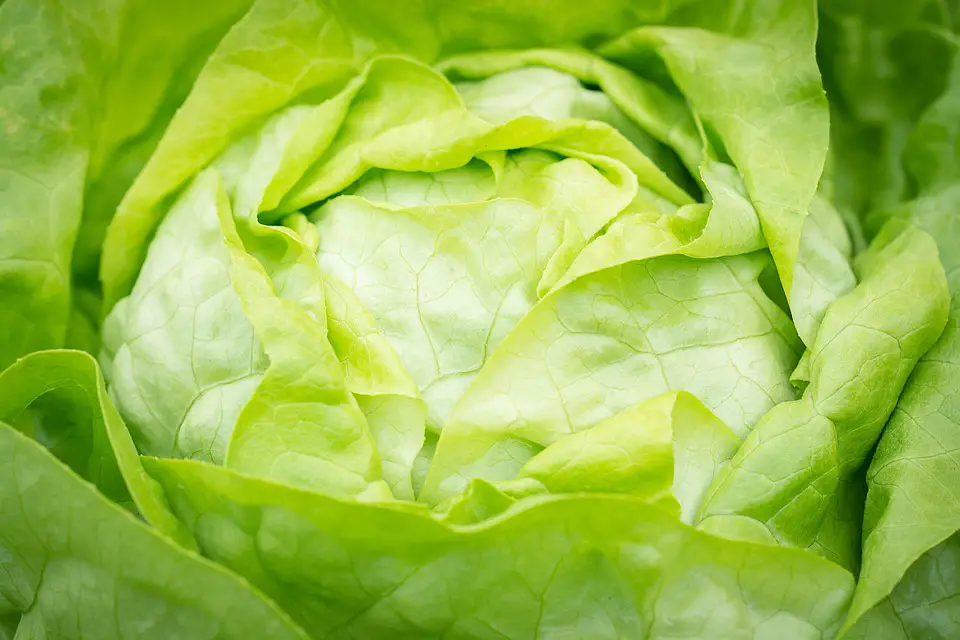Introduction
Balcony gardening has gained popularity in recent years as more people are recognizing its numerous benefits. Whether you live in an apartment or have a small outdoor space, cultivating a garden on your balcony can bring a variety of advantages, including improvements to your health, well-being, and the environment. This article will explore the key benefits of balcony gardening and inspire you to create your own green sanctuary.
Enhancing Health and Well-being
Improved Air Quality: Plants naturally filter toxins from the air, helping to purify the environment. By growing plants on your balcony, you can create a cleaner and fresher atmosphere for yourself and your neighbors. The presence of greenery is also known to reduce stress and promote relaxation.
Access to Fresh Organic Produce: With balcony gardening, you can grow your own fruits, vegetables, and herbs, ensuring a supply of fresh and nutritious produce right at your doorstep. This allows you to embrace a healthier diet and reduce your reliance on store-bought items, which may be laden with pesticides and other chemicals.
Physical Activity and Mental Well-being: Engaging in gardening activities, such as planting, watering, and pruning, provides a form of exercise that can improve your physical fitness. Gardening has also been linked to reduced anxiety and improved mental well-being, as it promotes a sense of accomplishment, mindfulness, and relaxation.
Environmental Benefits
Urban Green Spaces: Balcony gardens contribute to the creation of urban green spaces, making cities and neighborhoods more attractive and enjoyable. They provide a habitat for beneficial insects, birds, and other wildlife, fostering biodiversity in urban environments.
Stormwater Management: Plants on balconies can help manage stormwater runoff, reducing the risk of flooding. The leaves and roots of plants capture and retain rainwater, preventing it from overwhelming drainage systems and subsequently polluting natural water sources.
Temperature Regulation: Adding a variety of plants to your balcony can help regulate temperatures in urban areas, where heat islands often form due to extensive concrete and asphalt surfaces. Plants provide shade, cool the surrounding air, and reduce energy consumption by minimizing the need for air conditioning in nearby buildings.
Aesthetical and Community Benefits
Creating a Personal Oasis: Balcony gardens allow you to create a beautiful and serene space tailored to your taste and preferences. Whether you opt for vibrant flowers, aromatic herbs, or lush green foliage, a balcony garden can enhance the visual appeal of your home and provide a tranquil retreat for relaxation.
Building a Sense of Community: Balcony gardens often open up opportunities for interaction and connection among neighbors. Sharing tips, plants, and surplus produce can foster a sense of community and camaraderie, ultimately improving the overall well-being of the neighborhood.
Educational Value: Balcony gardening provides a wonderful educational opportunity, especially for families with children. It offers hands-on experience and teaches valuable lessons about plant lifecycles, sustainability, and the importance of caring for the environment.
FAQs
1. Can I have a balcony garden if my balcony receives limited sunlight?
Absolutely! While many plants thrive in direct sunlight, others can thrive in partial shade or even full shade conditions. Some options for low-light balcony gardens include ferns, ivy, and certain types of herbs like mint or chives.
2. How do I start a balcony garden if I have limited space?
Even with limited space, you can create a balcony garden by utilizing vertical gardening techniques. Hanging baskets, vertical planters, and trellises allow you to maximize the use of limited space and grow a wide variety of plants.
3. Are there any special considerations for balcony gardening in apartments?
When balcony gardening in apartments, it’s important to be mindful of weight restrictions, as soil and containers can become heavy. Opt for lightweight potting mix and consider using containers made from materials like plastic or fiberglass to reduce the overall weight.
4. Is it possible to grow vegetables and fruits on a balcony?
Absolutely! Many vegetables and fruits can be successfully grown on a balcony. Consider compact varieties that don’t require much space, such as cherry tomatoes, peppers, lettuce, and herbs like basil or cilantro. Ensure your plants receive adequate sunlight and water to thrive.
5. How often should I water my balcony garden?
The frequency of watering will depend on various factors such as the type of plants, weather conditions, and the size of containers. Generally, it’s important to regularly check the moisture level of the soil and water whenever it feels dry to the touch.





